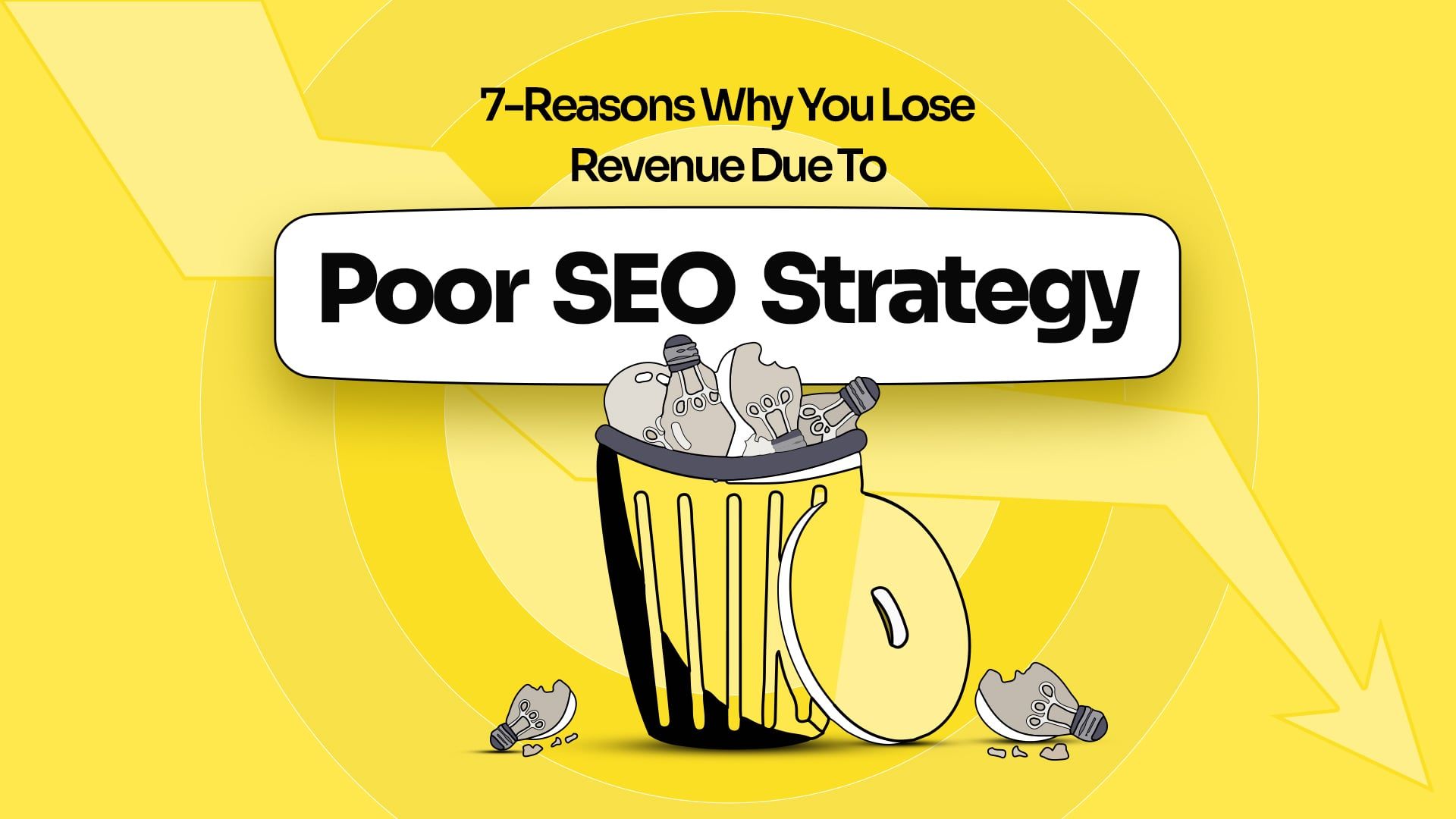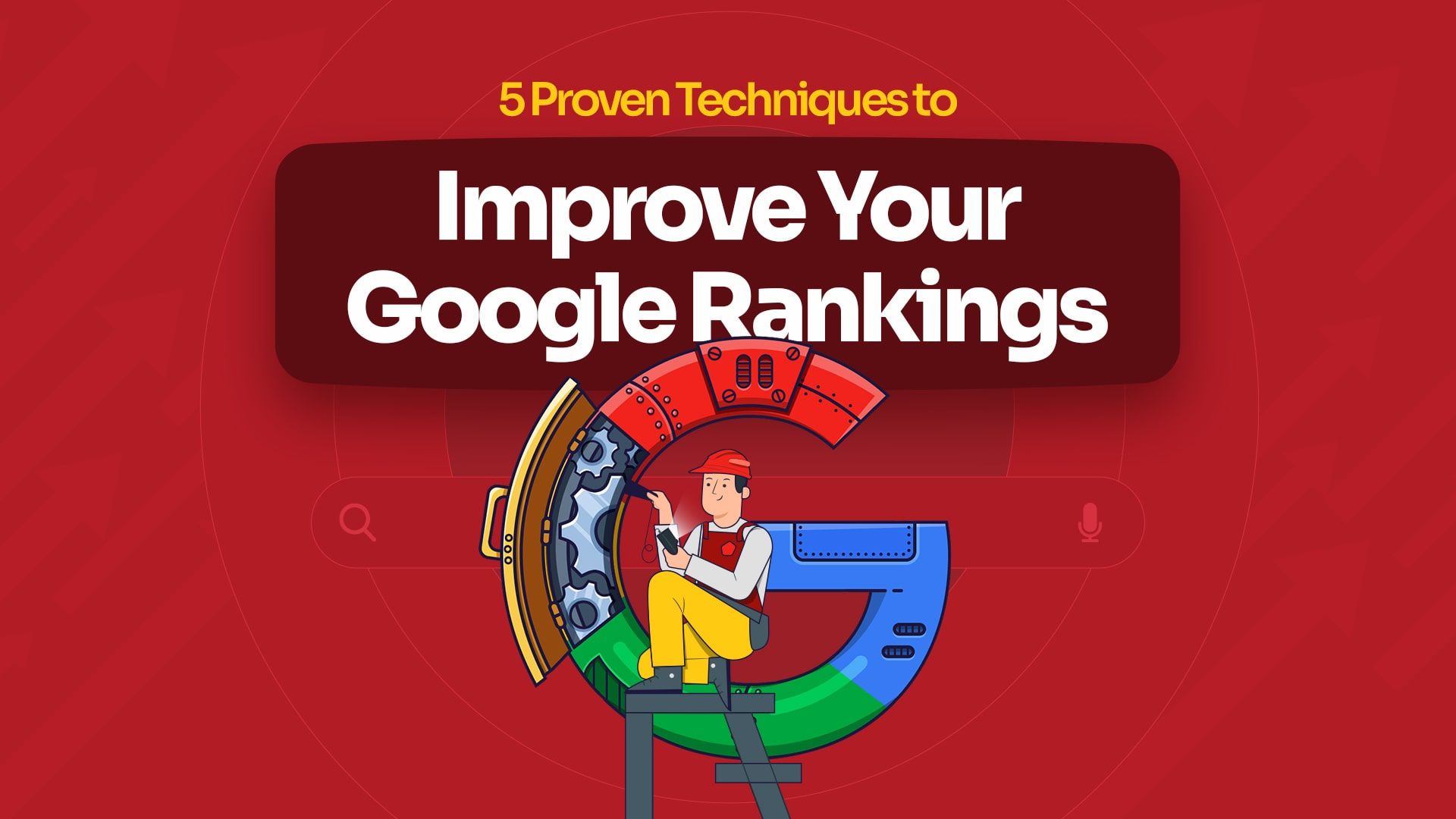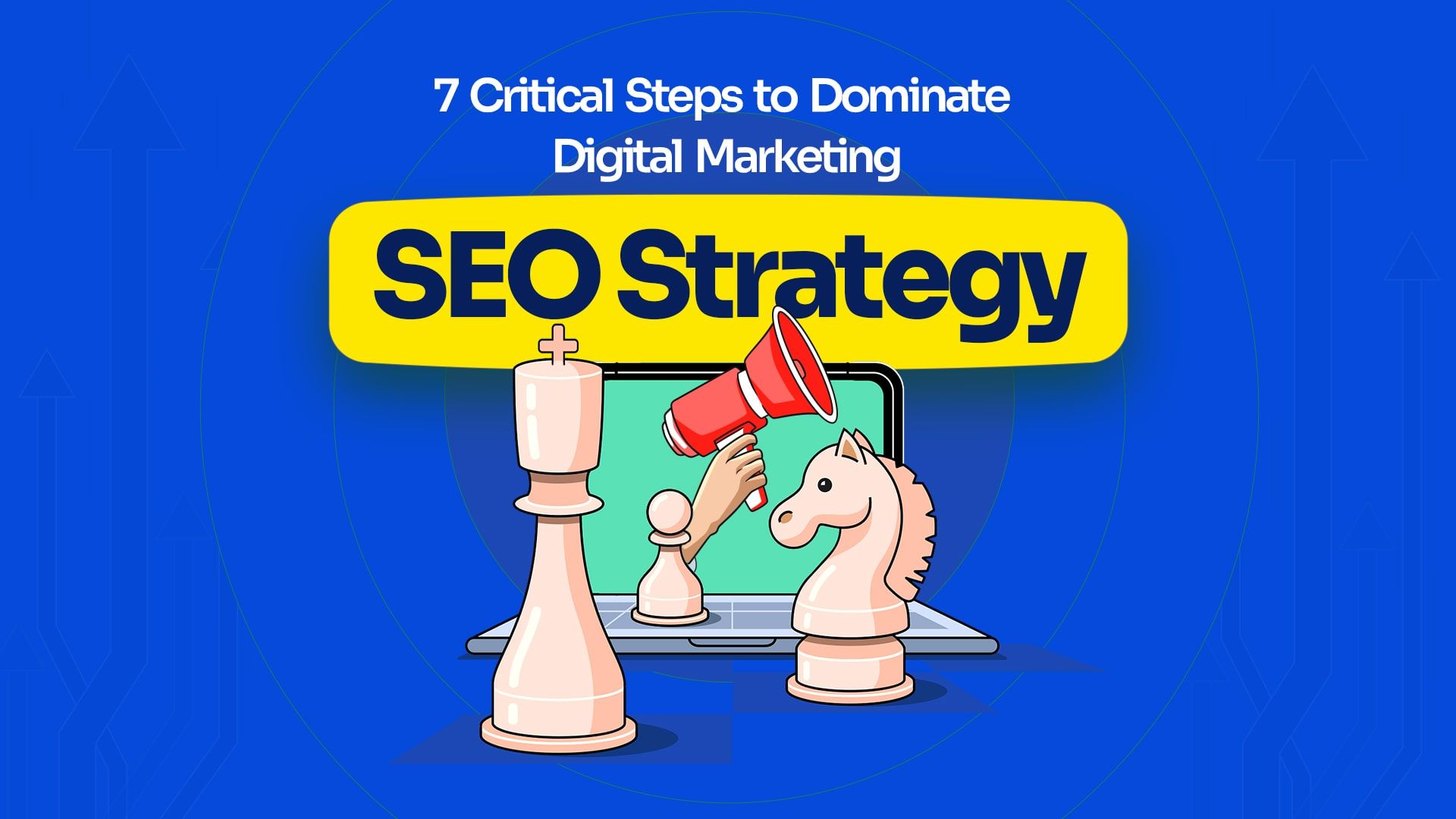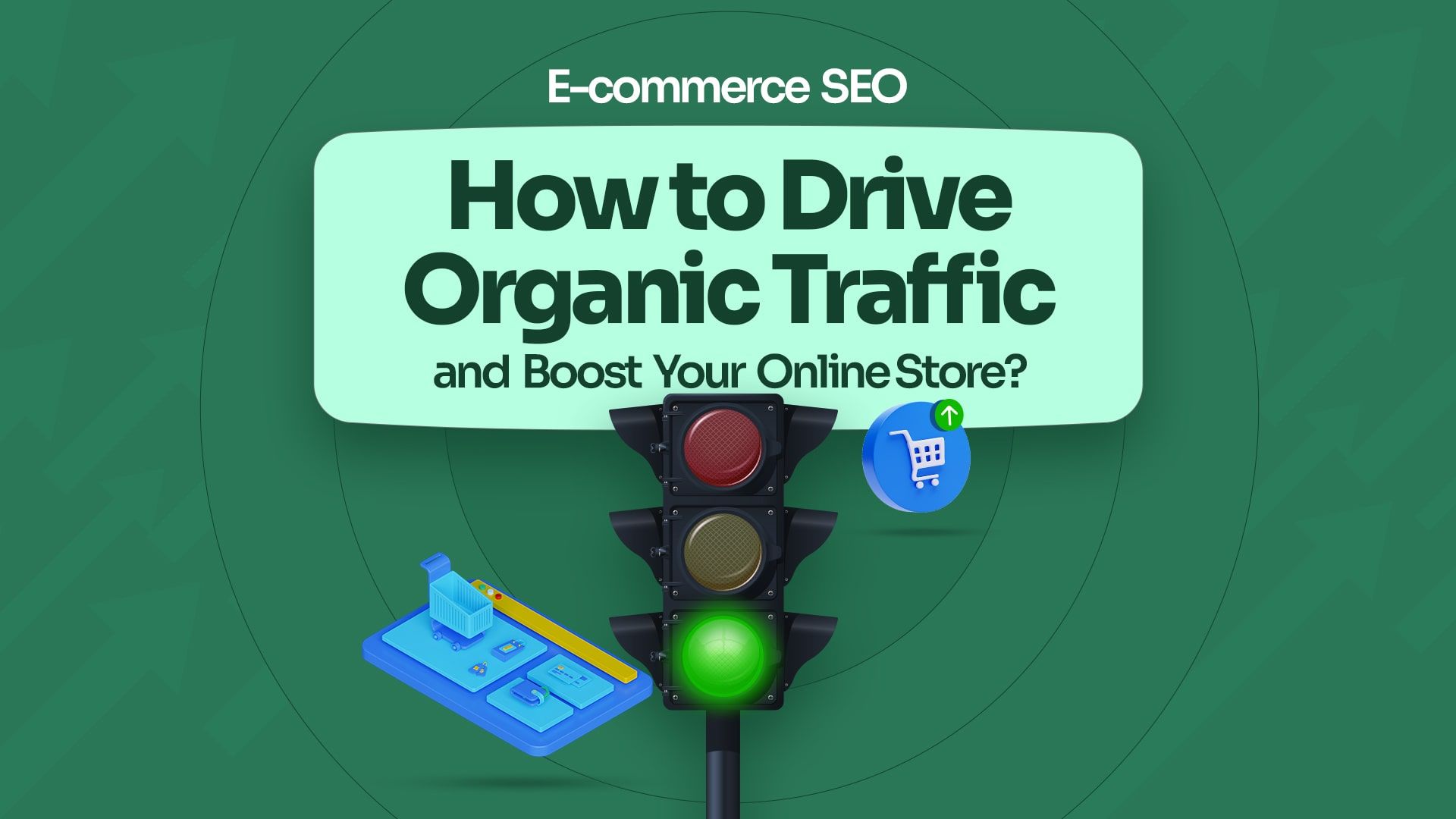The arrival of Google’s algorithm updates can be nerve-wracking for publishers and website owners. Lately, we’ve seen a lot of changes that have left the SEO community on edge. Google has quickly rolled out a series of updates that have caught the attention of many in the industry. If you’re curious to learn more, join us as we dive deep into the latest core update launched by Google in November 2023. In this guide, we’ll explore how these changes may impact your website rankings, what user experience considerations you should consider, and provide practical tips on adapting to this constantly evolving SEO environment.
November Core Update 2023
In simple terms, this passage discusses a significant update Google made to its search algorithm in November 2023. Google frequently changes how it ranks websites in its search results, and these updates can affect how well a website appears in search results.
Highlights
- This is a broad update to Google’s search algorithm, aimed at improving the quality and relevance of search results.
- Rollout Completion: The update process started on November 2, 2023, and finished on November 28, 2023. During this time, the changes were gradually applied to Google’s search algorithm, impacting how websites were ranked in search results.
- Impact on Websites: The update had a significant impact on many websites. Some saw changes in their search rankings, leading to what’s referred to as “ranking volatility.” SEOs (Search Engine Optimizers) often notice and discuss these changes as they can affect the visibility of websites on the internet.
- Overlapping Updates: Another update, called the “November 2023 reviews update, ” started on November 8, 2023, and was still in progress. Updates like these can happen simultaneously and may have different effects on websites.
- Why It Matters: For website owners, businesses, and organizations, understanding and keeping track of Google’s algorithm updates is crucial. These updates can influence a site’s performance in search results, affecting organic traffic, conversions, and revenue.
How do core updates work?
Core updates don’t penalize pages for poor performance but aim to enhance content assessment. They don’t target specific pages, focusing on overall improvement. The analogy is likened to updating a movie list, where new, deserving entries may displace existing ones. Changes reflect natural reassessment rather than indicating a decline in quality.
In summary, this information is about Google making significant changes to its search algorithm in November 2023, how they affected websites, and why site owners must be aware of and adapt to these changes.
November 2023: Reviews Update
Google released the November 2023 Reviews Update, which significantly shifted how reviews are interpreted and ranked in search results. The update was released on November 8, 2023, around 12 p.m. ET. This change is the third of its kind in 2023 and perhaps the last one by Google, highlighting the quality and validity of various sectors, such as products, services, places, and media.
The change is part of an ongoing, real-time approach to analyzing reviews, meaning website content modifications will be recognized quickly in search rankings. Those who publish reviews are encouraged to track their rankings and traffic to ensure their content remains relevant in search results.
No More Announcements: Google will no longer announce review updates, and improvements to the review system will happen without specific notifications. The update signifies a shift in the review system to a more real-time process.
Highlights :
- Real-Time Updates: The reviews update is suggested to be more real-time, meaning website changes may be reflected in the reviews system more promptly.
- Global Impact: The update has a global impact on various languages, including English, Spanish, German, French, Italian, Vietnamese, Indonesian, Russian, Dutch, Portuguese, and Polish.
- Expansion of Reviewable Topics: The update broadens the scope beyond product reviews. It will now evaluate reviews on various topics, including services, businesses, destinations, and media (e.g., games, movies).
- Overlap with November Core Update: The November 2023 review update coincides with the November 2023 core update. Websites may experience impacts from both updates simultaneously, making it challenging to discern which update influenced a particular site.
- It evaluates content on a page basis, focusing on articles, blog posts and providing recommendations, opinions, or analysis.
It’s important to note that the information also mentions the April 2023 review update. Google transitioned from “product reviews updates” to “reviews updates,” reflecting a broader evaluation of reviews beyond product-related content. Additionally, there’s a reference to the ongoing impact of the November 2023 core update on search results.
How does the Review System Work?
The reviews system prioritizes comprehensive and firsthand reviews, improving continuously. It assesses standalone content offering recommendations, opinions, or analyses, excluding third-party reviews. Reviews cover diverse topics, from products and media to services. The evaluation occurs on a page level, potentially site-wide for content-rich sites. The system is applicable in various languages globally and considers product structured data for identification, though not exclusively.
Joint Reveal: This update coincides with Google’s November core update, indicating potential search rankings shifts due to overarching algorithm changes and targeted adjustments in review quality assessments.
Communication Transformation: Google also disclosed a noteworthy shift in communication strategy, no longer announcing future review updates on their status dashboard. This shift signifies an ongoing commitment to continuously enhancing the review system, suggesting a move towards a more seamless and regular updating process.
Modifications: In light of these modifications, websites must align their review practices with Google’s guidelines, emphasizing authenticity and usefulness. As Google embraces more frequent and unannounced updates, adherence to best practices becomes increasingly crucial for sustained search performance.
Understanding Core Updates:
Google has also updated its Q&A to clarify commonly asked questions about the search updates:
- Core updates are different from the routine, daily ranking changes.
- Google implements thousands of minor updates yearly but only communicates the most significant ones to the public.
- A negative shift in a site’s performance after an update doesn’t automatically imply a penalty; the reasons could be varied and unrelated to spam.
- While Google tries to schedule major updates outside peak shopping seasons to minimize disruptions, this timing is only sometimes possible.
Google SearchLiaison (@searchliaison) November 15, 2023
According to Danny Sullivan from Google, “valuable information can frequently be found in unconventional sources: a comment within a forum thread, a publication on an obscure blog, or an article showcasing expertise on a particular topic.” This assertion underscores the update’s goal of surfacing hidden yet valuable content across various platforms.
In conclusion, preparing for significant ranking fluctuations is advisable as Google’s core and spam detection updates occur simultaneously. This is particularly important given the upcoming holiday season. While it is unlikely that Google will introduce another major update before December, websites affected by the recent core update may want to consider effective SEO packages from top SEO firms to expand their businesses globally. It is also important to keep in mind that Google’s core update and recovery strategy guidelines are constantly evolving. Stay vigilant and prepared for a constantly changing digital landscape in the months ahead.





